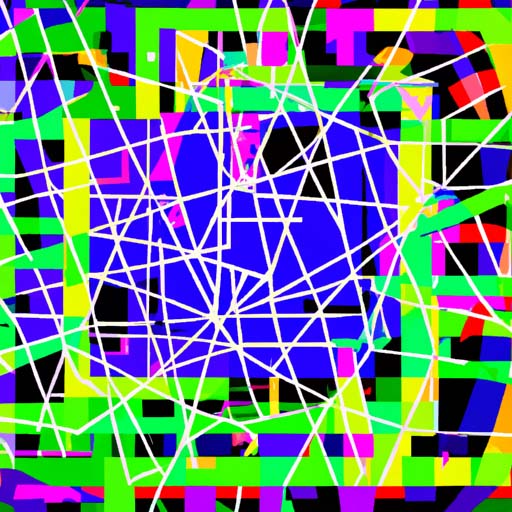In today’s fast-paced digital world, there is no denying the profound impact of artificial intelligence (AI) on various industries. One field that has particularly felt the ripple effects of AI is coding. As AI continues to advance at an astonishing pace, it is transforming the way developers write code, optimize websites, and create innovative software solutions. In this article, we will explore the fascinating realm of integrating AI with coding and delve into how AI is influencing coding practices.
The Rise of AI in Coding
With the advent of AI, coding has undergone a significant transformation, revolutionizing the entire development process. AI-powered tools enable programmers to write code more efficiently, detect errors, and automate repetitive tasks. These tools leverage machine learning algorithms to analyze vast amounts of code and identify patterns, thereby facilitating rapid development and bug detection.
Improved Code Optimization
One of the key advantages of incorporating AI into coding is its ability to enhance code optimization. AI algorithms can automatically analyze the codebase, pinpoint areas that require optimization, and suggest improvements accordingly. By leveraging AI-powered tools, developers can detect performance bottlenecks, improve code readability, and enhance overall efficiency.
Automated Bug Identification
Traditionally, identifying and fixing bugs has been a significant challenge for developers. However, with the integration of AI, the process has become considerably more streamlined. AI-powered debugging tools can quickly scan codebases, detect bugs, and suggest potential fixes. By leveraging AI’s ability to learn from past debugging experiences, these tools continually improve their accuracy, significantly reducing the time and effort required for bug identification and resolution.
Intuitive Code Generation
AI’s impact on coding extends beyond bug detection and code optimization. AI-powered tools can also generate code snippets based on the developer’s intent or requirements. By utilizing machine learning models, these tools can understand the desired outcome and automatically generate the necessary code. This capability not only saves time but also empowers developers to focus on higher-level architecture and problem-solving, rather than getting bogged down in repetitive coding tasks.
Enhanced Testing and Deployment
Another area where AI integration has revolutionized coding practices is testing and deployment. AI-powered testing frameworks can automatically generate test cases, determine the best testing strategies, and evaluate code coverage. This automation allows developers to identify potential issues more efficiently and ensure higher quality and reliability of their software solutions. Moreover, AI can also aid in automated deployment, making the release process smoother, faster, and more reliable.
The Future of AI and Coding
As AI continues to advance, its impact on coding is poised to deepen further. The integration of AI with coding practices is likely to result in a highly productive and efficient development process. AI-powered tools will continue to evolve, offering developers unprecedented support, improved accuracy, and enhanced capabilities. However, it’s important to note that AI will not replace human developers; rather, it will complement their skills and enable them to tackle more complex challenges.
It is evident that AI is shaping the way developers write code, optimize websites, and create software solutions. By embracing these technological advancements, developers can harness AI’s potential to streamline their workflows, boost productivity, and deliver superior results. Integrating AI with coding is no longer a futuristic concept—it is the present reality that is transforming the coding landscape, and its influence will only continue to grow.
